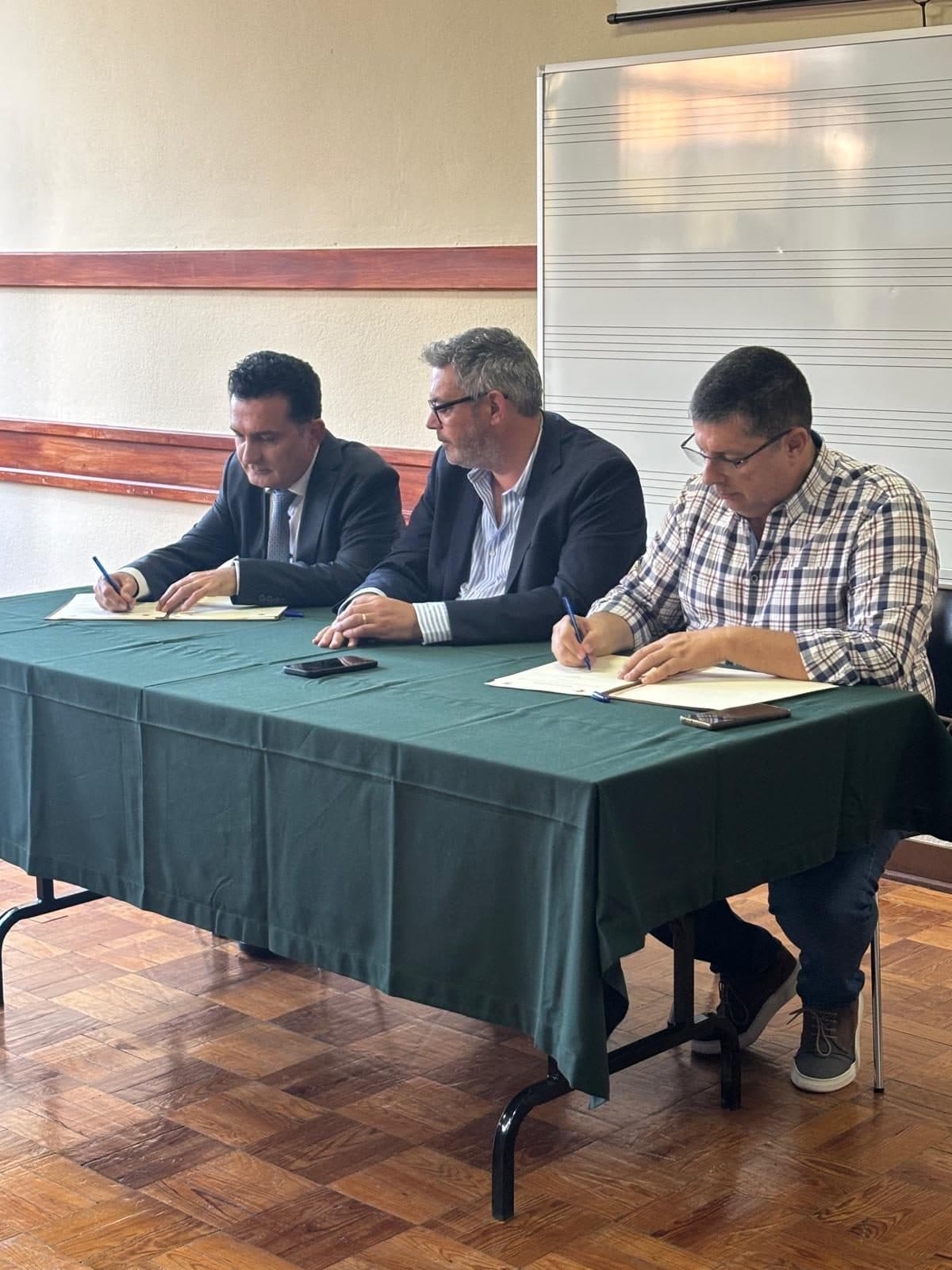Future of Barreiro's CUF Industrial Site Debated by Heritage and Urban Planning Experts
A conference held at the Industrial Museum of the Arco Ribeirinho Sul brought together historians, architects, and municipal officials to discuss the future of Barreiro's extensive industrial heritage, focusing on a strategic vision for urban regeneration. The event, part of the European Heritage Days, centered on how to respectfully redevelop the former CUF industrial complex, a site that defines much of the city's identity.
The community development discussions were framed by Luís Pedro Cerqueira, Coordinator of the Coina River Ecological Corridor Office for the Barreiro Municipality. He posed the central question: "What does Barreiro want to be? What is its future?" He argued that the theme of urban rehabilitation must be integrated into a comprehensive strategic vision for the city. This vision, he stated, must address critical issues such as the city's relationship with its industrial landscape, the impact of climate change, and a clear path toward a sustainable future. These topics, he insisted, are priorities for the local political agenda.
The geographic scope of the discussion covers the vast territory of the former industrial park, now managed by the Arco Ribeirinho Sul entity. A key proposal emerging from the debate was the creation of a 'Carta do Património' (Heritage Charter). This document would formally inscribe a strategy for preserving heritage while guiding new development. Cerqueira emphasized that any defined strategy must be sustainable from a business perspective, requiring active partnerships with the civil construction industry to be successful. This signals a clear invitation for private investment within a structured and planned framework.
Funding for such large-scale regeneration would likely come from a mix of public and private sources, with partnerships being essential. The implementation timeline is long-term, involving phased development projects. Resident consultation and community input were highlighted as crucial. Arlete Cruz, Barreiro's Councilor for Cultural Heritage, noted the importance of raising public awareness and involving young people in the process, stating that architecture "has a history behind it."
Need Expert Guidance?
Get personalized insights from verified real estate professionals, lawyers, architects, and more.
The economic impact and property value implications of the site's redevelopment are substantial. Sara Oliveira Ribeiro, President of Arco Ribeirinho Sul, stressed the importance of preserving the 'identity of the place,' which she described as a 'collective memory of Barreiro.' She advocated for the preservation of the built heritage with respect for the past. This approach aims to create a unique sense of place, which can drive property values and attract residents and businesses.
The social benefits of a well-planned regeneration include the creation of new public spaces, cultural facilities, and residential areas, improving community cohesion. The conference also highlighted the 'Cidade dos Arquivos' (City of Archives), a project that has already brought several archival and university institutions to the site, as a successful example of adaptive reuse. The overall vision is to transform the post-industrial landscape into a vibrant, modern part of the city, balancing its past with a dynamic future. The monitoring and evaluation of community outcomes will be a critical part of this long-term process.
[Explore community-focused property opportunities at realestate-lisbon.com.]






